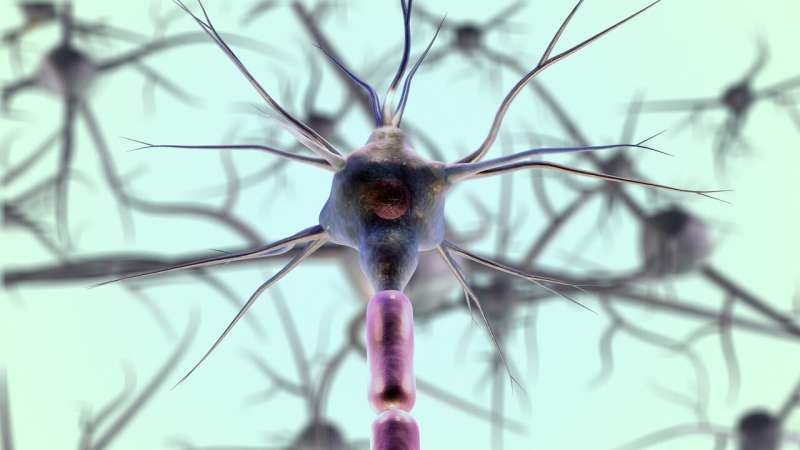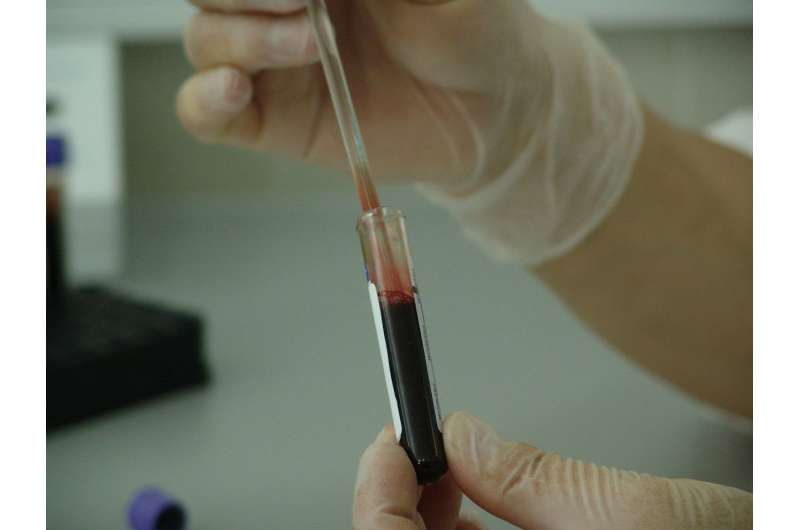Innovative Electrical Stimulation Technique Predicts Nerve Injury Recovery Outcomes

A groundbreaking study reveals how intraoperative electrical nerve stimulation can predict recovery potential after acute nerve injuries, aiding in personalized surgical decisions.
Recent advancements in intraoperative nerve assessment have introduced a promising method for predicting recovery potential following acute nerve injuries. Currently, clinicians lack a quick and reliable way to evaluate nerve damage severity and determine the necessity for surgical intervention. A new study published in Clinical Orthopaedics & Related Research highlights the use of electrical nerve stimulation during surgery to distinguish between different degrees of nerve injury, leading to more informed and personalized treatment plans.
The research involved testing a novel animal model with rats to replicate various nerve injury levels. Researchers induced two types of stretch injuries: epineuroclasis, a milder form with better recovery prospects, and endoneuroclasis, a more severe injury often resulting in poorer outcomes. Using a handheld electrical nerve stimulator immediately after injury, they observed the response of the nerves by measuring muscle contractions. The findings revealed that nerves with milder injuries responded readily to stimulation, with 15 out of 16 nerves responding, while only 5 out of 16 of the more severely injured nerves responded.
Long-term outcomes showed a strong correlation between intraoperative responses and recovery chances. Nerves unresponsive to stimulation had only an 8% probability of recovering function, while those that responded had a 75% chance. This indicates that intraoperative nerve stimulation can serve as an effective predictor of nerve regeneration and functional recovery.
The significance of this discovery lies in its potential to transform clinical practice. Surgeons can now assess nerve injury severity in real-time and make better-informed decisions about whether to proceed with surgical repair. This could lead to fewer unnecessary operations, quicker diagnoses, and improved patient outcomes, including enhanced functional recovery and quality of life.
This research builds upon previous studies that demonstrated electrical nerve stimulation's predictive value in chronic nerve injuries. With the development of this intraoperative assessment tool, there's potential for broader application in acute settings. Experts hope that future research will validate these findings in human patients, paving the way for more evidence-based surgical interventions.
According to lead researcher Dr. Cagle, "Our work provides crucial insights into the capacity to evaluate neurologic function during surgery, offering hope for more accurate prognoses and better-informed treatment strategies."
Source: https://medicalxpress.com/news/2025-09-electrical-recovery-path-acute-nerve.html
Stay Updated with Mia's Feed
Get the latest health & wellness insights delivered straight to your inbox.
Related Articles
Early Blood Tests in the First Trimester Enhance Prediction of Gestational Diabetes
A groundbreaking study from Singapore reveals that a simple first-trimester blood test measuring specific biomarkers can accurately predict the risk of gestational diabetes, enabling earlier interventions and improved maternal health outcomes.
Study Finds Puberty Blockers Do Not Impair Sexual Functioning in Transgender Adults
A new study shows that puberty blockers do not impair sexual functioning in transgender adults, providing reassurance for their long-term sexual health. The research highlights satisfaction levels and minor sexual difficulties, emphasizing the importance of holistic support and counseling.
Pediatric Influenza-Associated Encephalopathy Highlights of 2024–2025 Season
The 2024–2025 flu season in the U.S. saw a rise in pediatric influenza-associated encephalopathy cases, including severe forms like ANE, with high hospitalization and mortality rates among children. Vaccination coverage remains crucial to prevent these severe outcomes.
Revolutionary Imaging Technology for Detailed Disease Mapping in Tissue Samples
Aarhus University researchers have developed PathoPlex, an advanced imaging technology offering detailed, multi-protein analysis of tissue samples, enabling early disease detection and personalized treatment insights.



